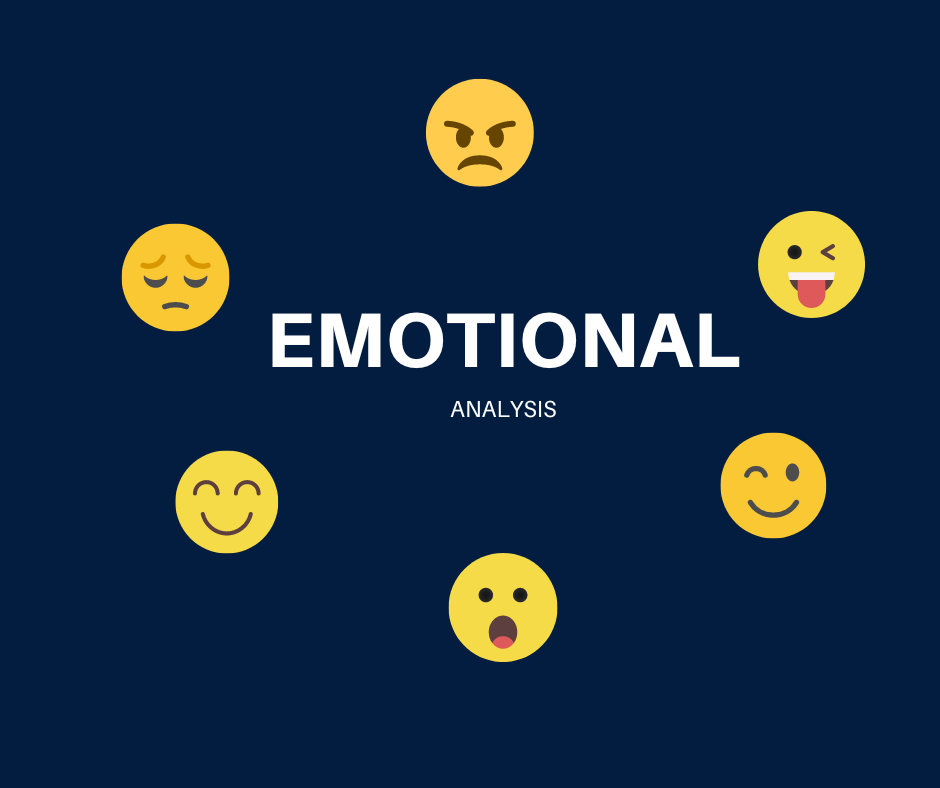Analyzing Sentiments in Reviews of Event Ticketing Companies in South Africa
Introduction
In the highly competitive event ticketing industry in South Africa, Vibin, a new player, faces the challenge of standing out among competitors with decades …
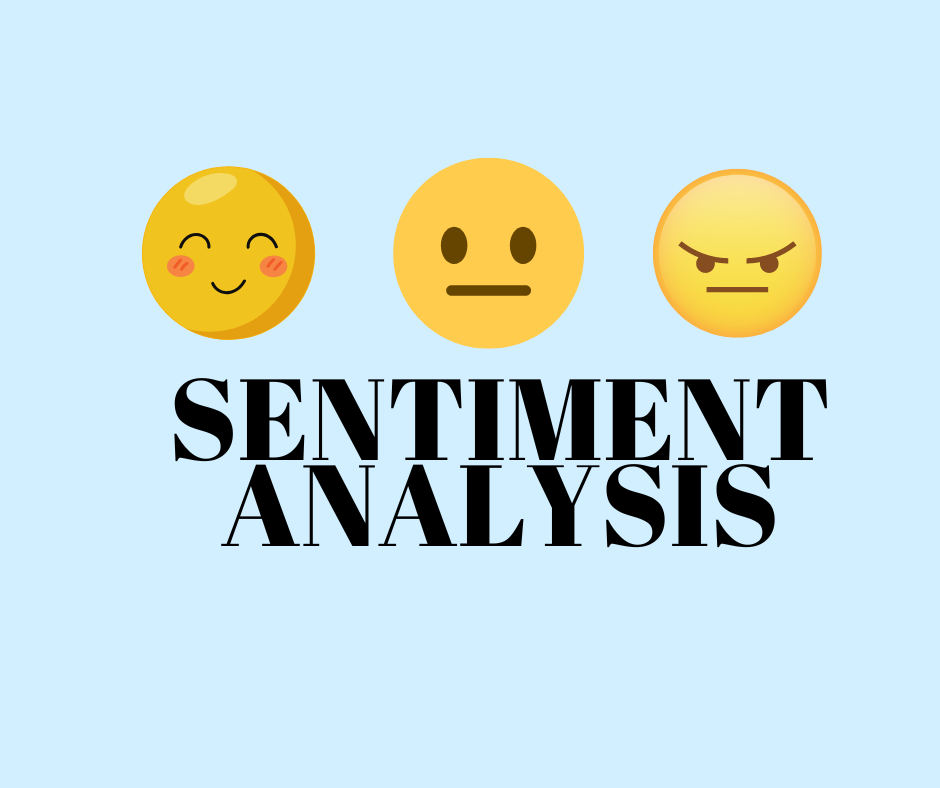
Introduction
In the highly competitive event ticketing industry in South Africa, Vibin, a new player, faces the challenge of standing out among competitors with decades of experience. To gain a competitive advantage, Vibin has embarked on a data-driven approach, harnessing the power of customer reviews to learn from the experiences of established market players. By employing advanced statistical techniques, Vibin aims to extract valuable insights from vast amounts of customer feedback. In this article, we will explore how Vibin's data science project enables them to avoid repeating mistakes, capitalize on positive aspects, and implement strategies that resonate with their target audience.
Sentiment Lexicons
For our sentiment analysis, we employed three different lexicons to calculate sentiment indices for each company: AFINN, NRC Emotion Lexicon, and NLTK VADER (Valence Aware Dictionary for Sentiment Reasoning).
The AFINN lexicon, developed by Finn Årup Nielsen, was primarily designed for analyzing Twitter sentiment. It consists of 2,477 words, with 878 words classified as positive and 1,598 words classified as negative. Each word is assigned a sentiment score ranging from -5 to +5, with a mean score of -0.59.
In addition to AFINN, we utilized the NRC Emotion Lexicon, which comprises 5,636 English words and their associations with eight basic emotions (anger, fear, anticipation, trust, surprise, sadness, joy, and disgust) and two sentiments (negative and positive). The annotations for this lexicon were manually done through crowdsourcing on Amazon Mechanical Turk.
Lastly, we employed the NLTK VADER, a powerful tool specifically designed for sentiment analysis. NLTK VADER incorporates a combination of lexical and grammatical heuristics to determine sentiment polarity and intensity. It provides sentiment scores on a continuous scale, indicating the degree of positivity, negativity, and neutrality of the text.
By leveraging these three lexicons, we obtained comprehensive sentiment analyses for each company, enabling us to gain deeper insights into the sentiments expressed in the reviews.
Sentiment Results
To ensure confidentiality, we have made the decision to anonymize the company names in our presentation of the results. Upon analyzing the sentiment indices, it is evident that across all indices, Company B exhibits the most negative polarity. This finding presents an opportunity for Vibin to delve into what Company B may be doing wrong and leverage it to gain potential market share.
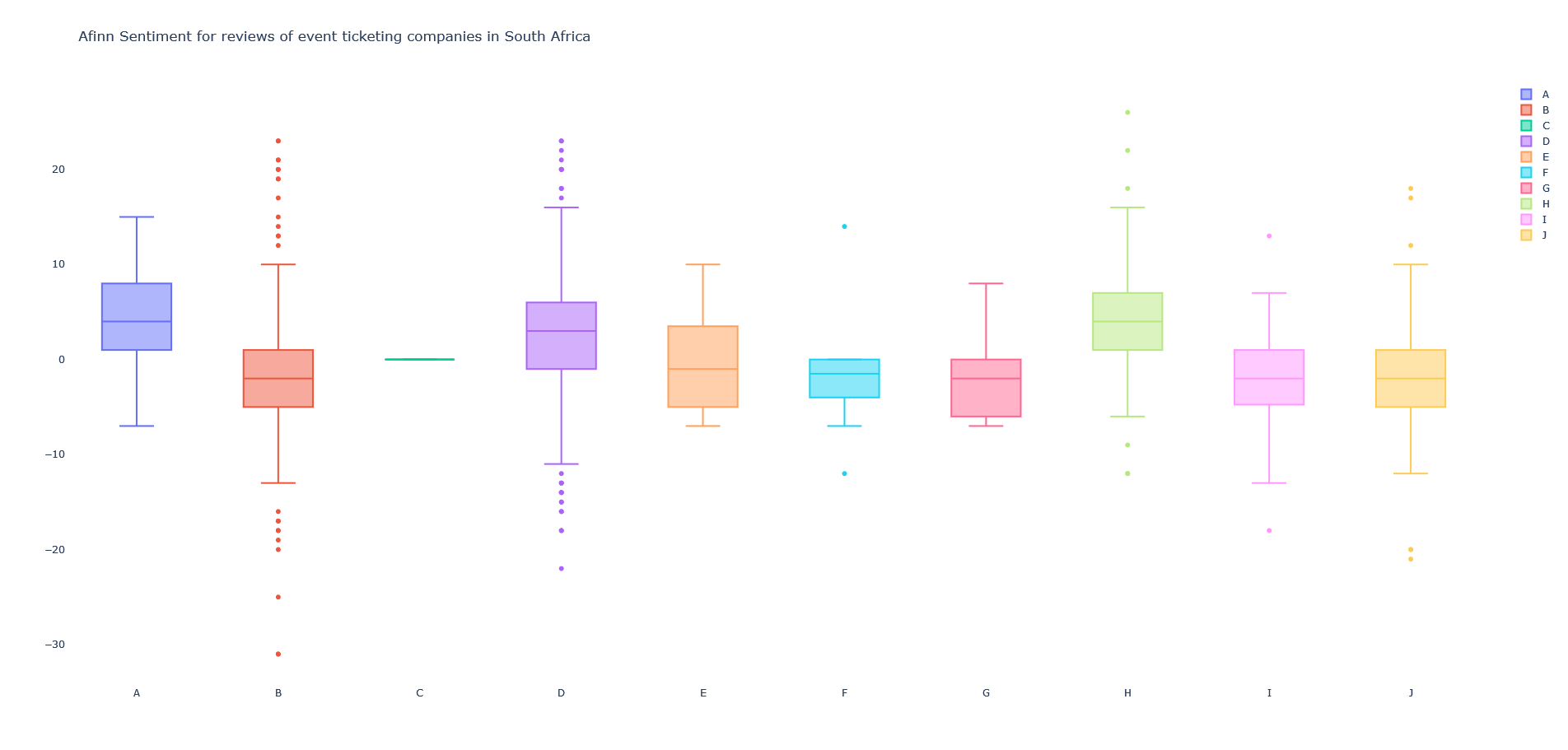
On a positive note, Companies A, D, and H demonstrate positive median polarity scores, indicating a higher proportion of positive reviews compared to negative ones. This finding suggests that these companies have been successful in garnering relatively more positive feedback. Vibin can study the strategies and practices employed by these companies and emphasize these aspects to both retain existing customers and attract new ones.
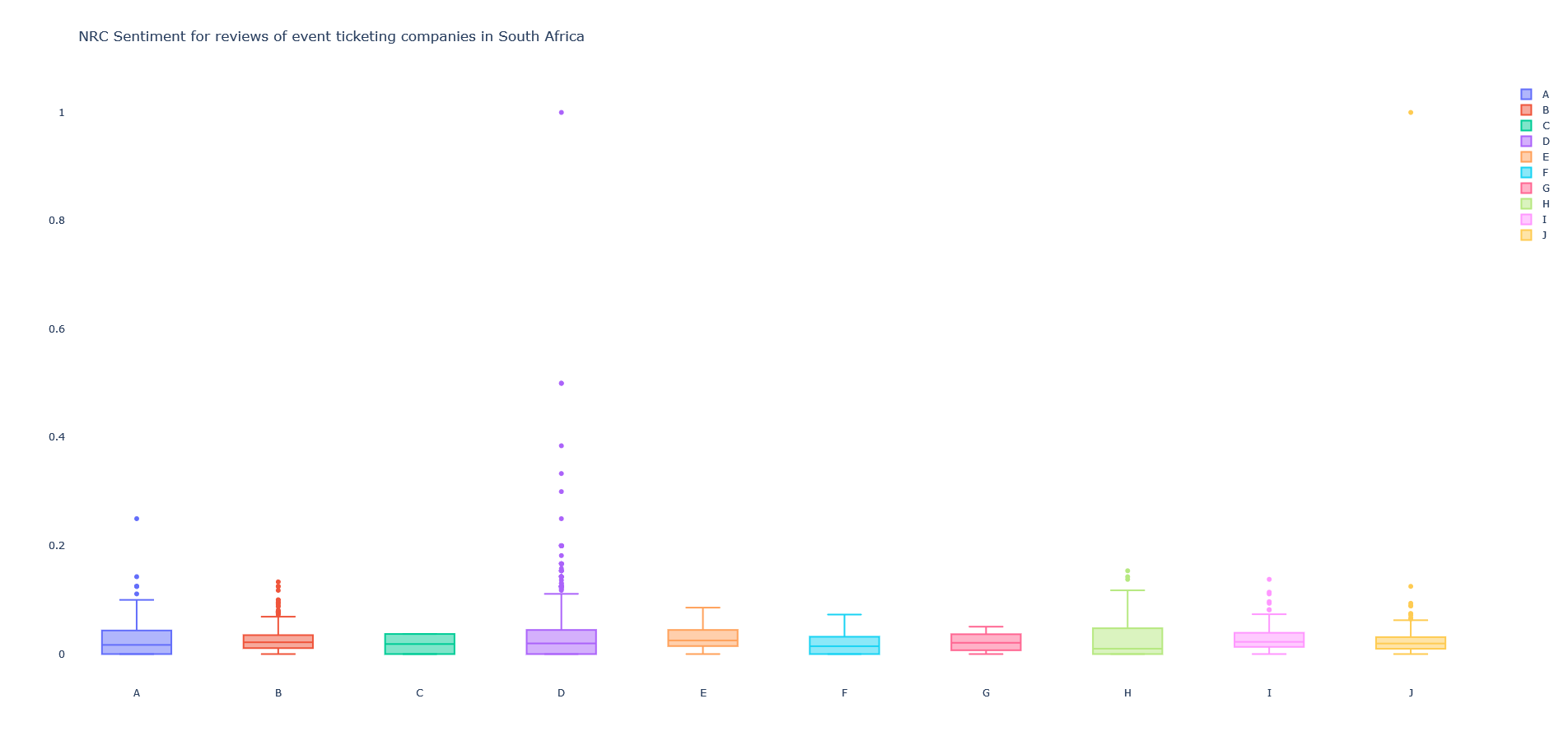
The remaining companies display a neutral median polarity, implying an almost equal distribution of positive and negative reviews. Vibin can take this opportunity to further examine these companies and identify areas of improvement to enhance customer satisfaction.
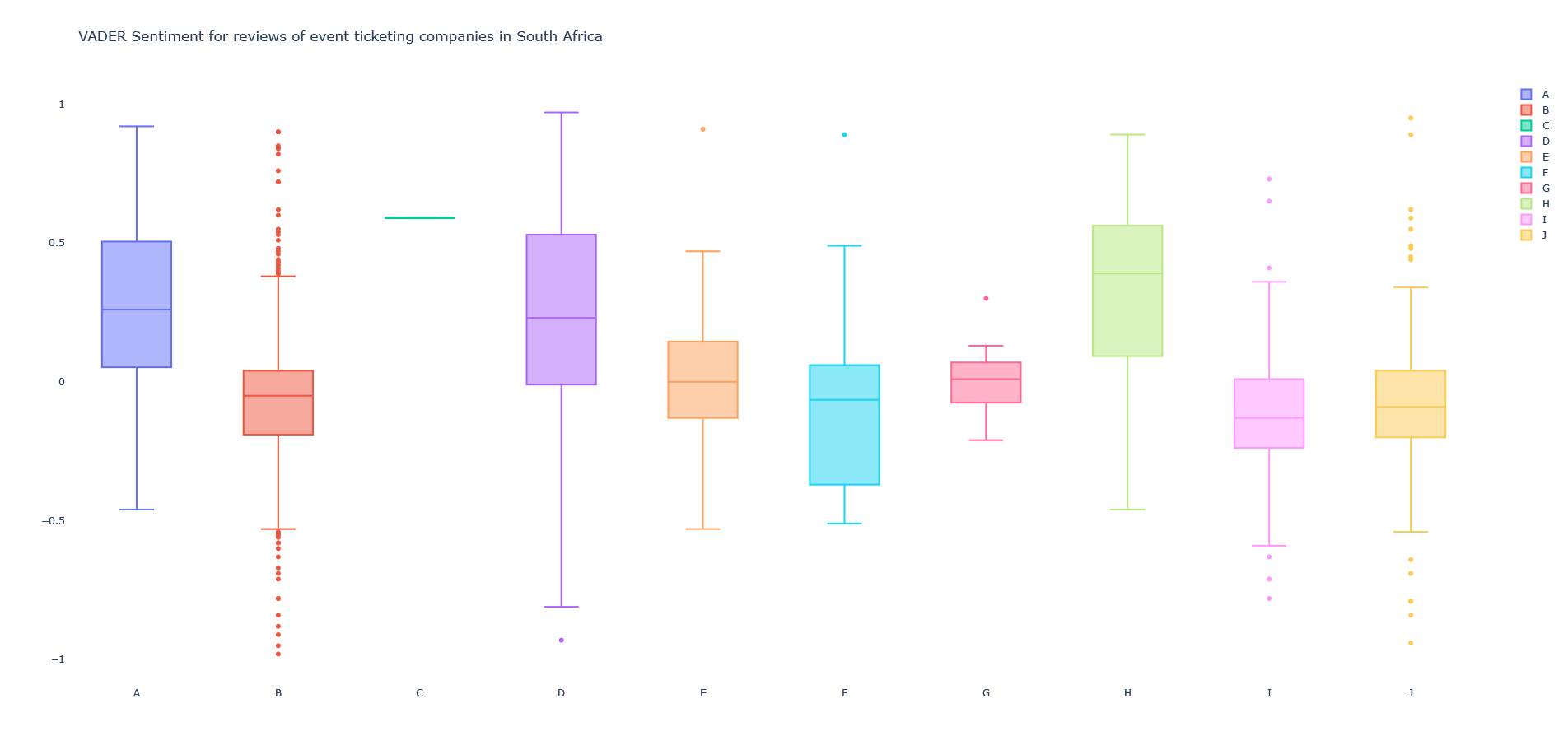
By focusing on addressing the weaknesses of Company B, capitalizing on the strengths of Companies A, D, and H, and making necessary improvements for companies with neutral median polarity, Vibin can position itself strongly in the market, fostering customer loyalty and attracting new clientele.
Conclusion
In the competitive event ticketing landscape, Vibin recognizes the power of data science in learning from the experiences of established competitors. By analyzing customer reviews and feedback using advanced statistical techniques, Vibin can uncover valuable insights, avoid repeating mistakes, and capitalize on positive aspects. This data-driven approach allows Vibin to drive innovation, differentiate itself in the market, and make informed decisions that resonate with its target audience. By utilizing data science, Vibin is well-positioned to build a strong reputation, gain a competitive edge, and thrive in the dynamic event ticketing industry in South Africa.
References
-
Ma, Ying. 2020. NLP: How does NLTK.Vader Calculate Sentiment?
-
Mogyorosi, Marius. 2021 .Sentiment Analysis: First Steps With Python's NLTK Library
-
Lohiya, Himanshu. 2018.Sentiment Analysis with AFINN Lexicon
-
Silge Julia and Robinson. 2022. Text Mining with R



